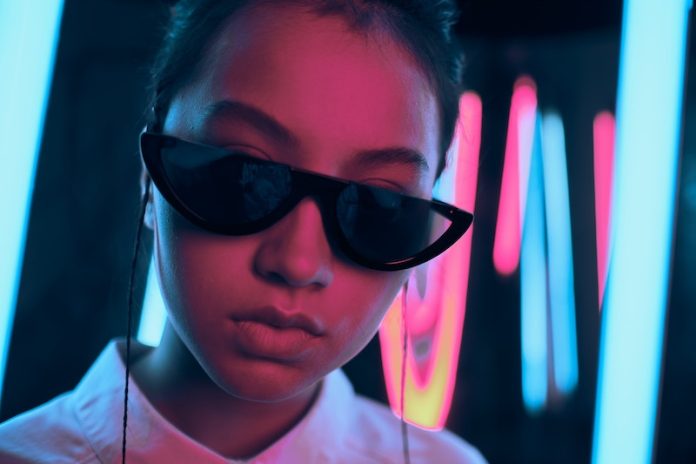
A recent review suggests that blue-light filtering spectacles, popularized since the early 2000s, might not provide the benefits they claim to offer.
These glasses are often touted for reducing eye strain caused by computer screens and for improving sleep quality.
The review, based on 17 randomized controlled trials, was published in the Cochrane Database of Systematic Reviews.
It found no short-term benefits of using these glasses to reduce visual fatigue from computer use when compared to non-blue-light filtering lenses.
The studies did not evaluate any potential protection these lenses might offer against retinal damage.
Associate Professor Laura Downie, the senior author, highlighted that while the review adhered to Cochrane methodological standards, the quality and duration of the existing studies are limitations.
Most of them had short follow-ups, which might not reflect long-term outcomes.
Dr. Sumeer Singh, the first author, emphasized the requirement for high-quality, large clinical studies with extended follow-up periods.
These should also determine whether different groups might benefit differently or if various lens types vary in efficacy.
The review did not find any consistent adverse side effects from using these lenses. Any reported side effects, like discomfort or headaches, were likely linked to wearing glasses in general.
Despite numerous marketing claims, the best available evidence does not conclusively support the benefits of blue-light filtering lenses. This insight is crucial for professionals, patients, and the broader community.
Modern digital devices do emit more blue light than traditional sources, but it’s essential to understand the context.
Dr. Singh noted that the blue light from screens is a fraction of what we get from natural daylight.
Moreover, these glasses typically filter out only 10-25% of blue light. For higher filtration, lenses would need an amber tint, affecting color perception.
While the idea of filtering out blue light from screens might seem beneficial, the current evidence does not conclusively support the broad use of blue-light filtering spectacles.
People should consider these findings when deciding to purchase or prescribe these glasses.
If you care about eye health, please read studies about The growing problem of diabetic eye disease in the US and findings of The mystery of vision loss: the role of fats in eye health.
For more information about eye health, please see recent studies about how to protect your eyes from diabetes, and results showing that vitamin B3 may help treat common blinding eye disease.
The study was published in Cochrane Database of Systematic Reviews.
Follow us on Twitter for more articles about this topic.
Copyright © 2023 Knowridge Science Report. All rights reserved.


